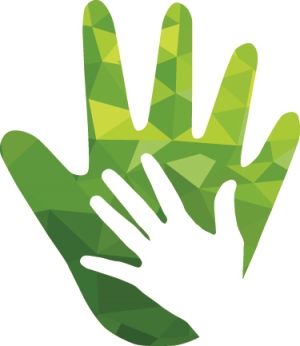
Eco-Parenting Tips for New Moms and Dads
Bringing a baby home for the first time can be overwhelming on its own, but worrying about having an eco-friendly household, recycling each week, and trying not to use harsh cleaners can add a lot to your already huge plate as a new parent.
It may be easier said than done, but try not to stress too much and follow a few of these simple tips to become a more eco-friendly parent:
Diapers. This may be one of the first things you think about as a new parent. Will you use disposable or cloth diapers? Cloth diapers may not be as ancient as they once were, but they’re still cloth and need washed. If you decide those aren’t for you or your child, then you can use disposables. There are a few eco-friendly brands of diapers out there, such as Earth’s Best, that are chlorine free and easier on the environment than regular disposable diapers. For baby wipes, try making your own out of cotton fabric or try to minimize the number of sheets you use when changing your baby’s diaper.
Bottles and Formula. If you’ve chosen to use formula for your baby, try to find an organic formula and make sure the container is recyclable. Some of the biggest formula containers can also be reused as canisters or storage bins to hold toys or household items. For bottles, make sure the plastic is BPA free. The same goes for pacifiers, too.
Baby Food. As your child gets older, he or she can start having real food. Go organic and make your own; it’s really not as difficult as you think. If you have fresh fruit or veggies and a blender, that’s all you need to make healthy food for your little tike. Eating organic food is a habit you can easily teach your children if that’s what you eat, as well. Plus, according to The Ultimate Guide to Green Parenting, by eating organic foods you can decrease pesticide exposure by 97 percent.
Clothing and Toys. It’s hard not to buy everything under the sun for your baby, especially when it’s your first, but try going to garage sales to purchase gently used clothing and toys. Or, you can swap out clothes with friends and family members as your children grow out of their clothes or when they become bored with their toys. There are eco-friendly toys and clothing lines out there, and wooden toys are becoming more common these days because parents don’t have to worry about finding BPA-free wooden toys, and wooden toys can be sturdier than their plastic counterparts and last longer.
Cleaning. Whether you have a new baby or teens, household cleaning is never fully done. Some cleaning products contain harsh and harmful chemicals, so it’s best to buy green cleaning products or make your own. Vinegar and baking soda is a common combination you can make at home, and it can be used on almost anything, including high chairs and granite countertops.
Of course, these tips only scratch the surface of all the ways you can make your home much more environmentally friendly. For even more ideas on creating a greener household, please click here.
Posted by Lindsay Page on Jan 29, 2014